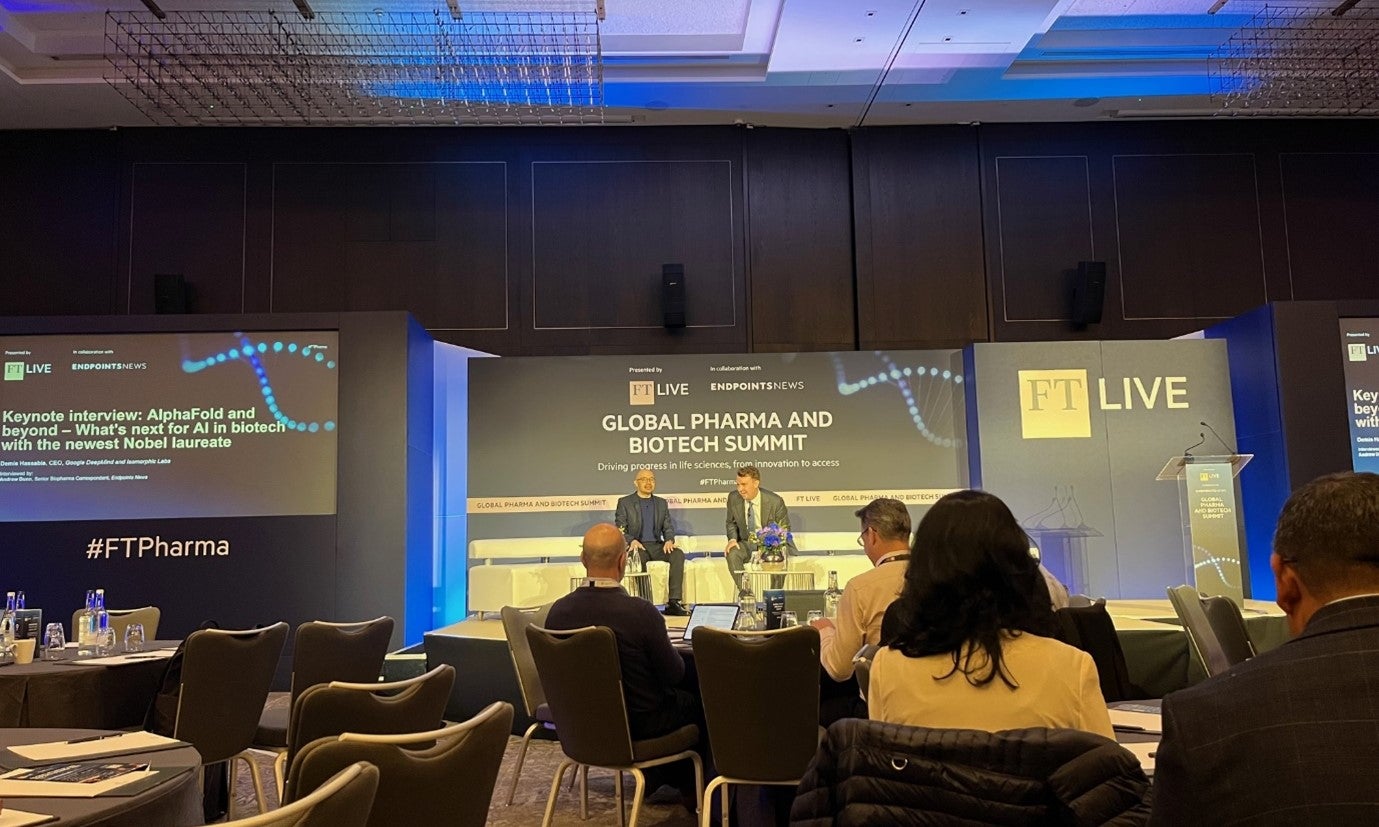DeepMind Nobel Laureate Predicts AI Will Have an Impact Comparable to Electricity

The Impact of AI on Healthcare: Insights from Demis Hassabis
Introduction to AI in Healthcare
In 2024, the Nobel Prize in Chemistry was awarded to a group of scientists, including Demis Hassabis, known for their groundbreaking work with AlphaFold. This program is recognized for resolving a significant challenge in the scientific community: predicting protein structures, a task that has puzzled researchers for over 50 years. This achievement highlights the transformative potential of artificial intelligence (AI) in the healthcare sector.
Demis Hassabis: Visionary Leader in AI
Demis Hassabis, the CEO and co-founder of Google DeepMind and Isomorphic Labs, shared his views on AI’s role in healthcare at the Financial Times Pharma and Biotech Summit held in London on November 6. According to him, the impact of AI could surpass that of the internet and mobile technology. He likened its potential influence to that of electricity and fire, signifying a pivotal change in how society functions.
Isomorphic Labs: Pioneering Drug Discovery
Founded in 2021, Isomorphic Labs aims to revolutionize drug discovery using AI. Hassabis emphasizes a unique approach centered around algorithmic innovation. Instead of developing traditional laboratories, his team seeks to extract more value from existing data through advanced techniques, including synthetic data generation.
AI as a Disruptive Technology
A survey by GlobalData shows that many businesses view AI as the most disruptive technology today, particularly in healthcare. Hassabis expressed his enthusiasm for AI’s application in this field, asserting that its role in discovering cures for serious diseases is one of the most significant uses. He questions what could be more noble than employing AI to aid in medical advancements.
Strategic Collaborations with Pharmaceutical Giants
In 2024, Isomorphic Labs secured substantial partnerships with major pharmaceutical companies, including Eli Lilly and Novartis, amounting to $1.7 billion and $1.2 billion, respectively. Although specifics about these collaborations remain confidential, Hassabis indicated that the projects are progressing well.
Addressing Existential Risks and Ethical Considerations
Despite his excitement for AI’s potential, Hassabis is mindful of the risks associated with advanced AI systems. He advocates for careful research and the establishment of regulatory frameworks to address these concerns. He believes society must approach AI technology with humility and respect, emphasizing the need for collaboration among governments, civil society, and academia. This collaboration is crucial to developing effective testing protocols and safety measures for AI technologies.
Balancing Optimism with Caution
Describing himself as a "cautious optimist," Hassabis maintains that with the right approach, society can harness the benefits of AI. He advocates for a systematic exploration of AI possibilities, employing the scientific method to guide progress responsibly.
Future Aspirations for AI and Biology
Looking ahead, Hassabis has ambitious plans for the future of AI in biological research. He envisions creating virtual cells that simulate biological processes. He estimates that we may only be a decade away from achieving this goal, which could transform our understanding of life at the cellular level and enhance medical research capabilities.
The Road Ahead for AI in Healthcare
As AI continues to evolve, the healthcare sector stands on the cusp of a new era. By leveraging advanced AI technologies and fostering collaborations between various stakeholders, there is potential for significant breakthroughs in drug discovery and treatment. Demis Hassabis’s vision inspires many in the industry to consider the possibilities that lie ahead in the intersection of technology and healthcare.






